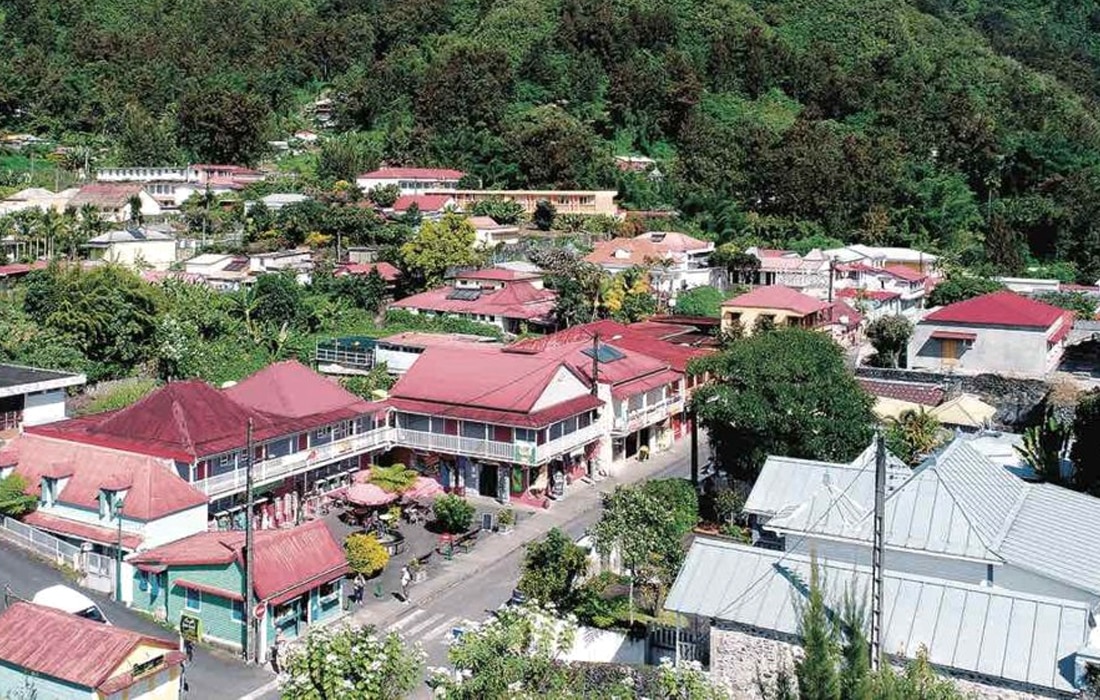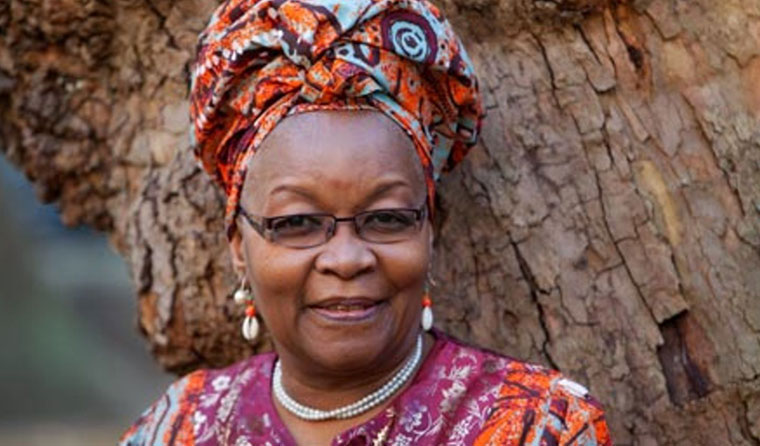>> Activists demand new probe of Eric Lembembe murder
Après le meurtre du blogueur et militant homosexuel Eric Lembembe, les associations de défense des droits humains dénoncent l’attitude de la justice : travail bâclé, pas de preuves, pas d’indices relevés sur la scène du crime, dissimulation sur le certificat de décès des traces pourtant visibles des atrocités subies par la victime… Une enquête prise à la légère et des proches moqués continuent de démontrer le manque d’attention pour cette victime d’un crime particulièrement odieux.
« Dans ce dossier, aucune empreinte n’avait été relevée sur le site de l’assassinat, note Me Michel N’Togue, avocat et proche d’Eric Lembembe. Il n’y a pas eu de prises de vue. Des témoins, qui s’étaient mis à disposition de la justice, ont été plusieurs fois convoqués par le juge d’instruction sans être entendus. Tant que ces témoins ne peuvent pas livrer leur version, l’enquête va continuer à stagner. »
La famille et l’épouse d’Eric Lembembe disent cependant avoir subi diverses mesures d’intimidation et des railleries, comme si la victime méritait de mourir en raison de son identité sexuelle.
Eric Lembembe avait été tué à son domicile à Yaoundé. D’après des témoignages, il aurait été battu à mort par ses agresseurs. Ses mains et ses pieds auraient été brûlés au fer à repasser. Plusieurs associations de défense des droits humains continuent d’appeler les autorités camerounaises à mener une enquête indépendante et transparente afin d’identifier les responsables, pour les traduire devant un tribunal.
>> A year after the murder of journalist/activist Eric Lembembe in Cameroon, human rights activists in Cameroon and abroad are calling for a renewed investigation into his death.
Cameroonian authorities’ mishandling of the investigation has been so incompetent and disrespectful that it might lead to new homophobic attacks on innocent LGBT people by those who conclude that such crimes would not be punished, the activists said.
They cited irregularities and sloppy procedures, including the lack of any official photograph of the crime scene, failure to take any fingerprints there, and a death certificate that does not mention the apparent burns and other injuries on the body.
The investigation has also been disrupted by being transferred among different departments. It was initially assigned to the Commission of the first district of Yaoundé, then was transferred to the Central Administration of National Security, and then to an investigating judge who called for testimony from Lembembe’s mother, sister and brother.
Investigators have also intimidated Lembembe’s friends and family, the activists said. Several of his friends were placed in custody by the police at the beginning of the investigation. In addition, relatives and witnesses were summoned by the investigating judge but were never called to testify.
“This is a particularly heinous and violent crime that targeted a man committed to defending the rights of a vulnerable category of the population of Cameroon. We repeat: justice must be particularly exemplary in the case of hate crimes,” stated Karim Lahidji, president of the International Federation for Human Rights, or FIDH, and Gerald Staberock, secretary general of the World Organization Against Torture, or OMCT.
The call for a renewed investigation came from the Observatory for the Protection of Human Rights (a joint program of FIDH and OMCT); the Cameroonian Foundation for AIDS, or Camfaids; the House of Human Rights in Cameroon, or MDHC; and the Human Rights Defenders’ Network in Central Africa, or REDHAC; the Association for the Defense of Homosexuals, or ADEFHO; and Alternatives Cameroon.
“The inertia of Cameroonian authorities in this case is disturbing because it may encourage a sense of impunity for crimes and persecutions of LGBTI people and fuel stigma and discrimination against them and their advocates,” said Michel Togue, a lawyer in Cameroon and counsel to Camfaids.
In January, the Observatory led an international mission to investigate the situation of LGBTI rights defenders in Cameroon, who have reported acts of intimidation against them and LGBTI health-care advocates. The mission also focused on the status of the official investigation into Lembembe’s murder. A report on the mission’s findings is scheduled soon.
Lembembe was the executive director of Camfaids. He worked in collaboration with several Cameroonian human rights and anti-AIDS organizations such as Alternatives Cameroon and the Association for the Defense of Homosexuals (ADEFHO). He contributed to a Human Rights Watch report on Cameroon in March 2013 and to recommendations made in May 2013 during the Universal Periodic Review (UPR) of Cameroon before the U.N. Human Rights Council. He was also a reporter for the blog Erasing 76 Crimes and one of the authors of the book “From Wrongs to Gay Rights.”



















